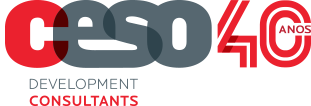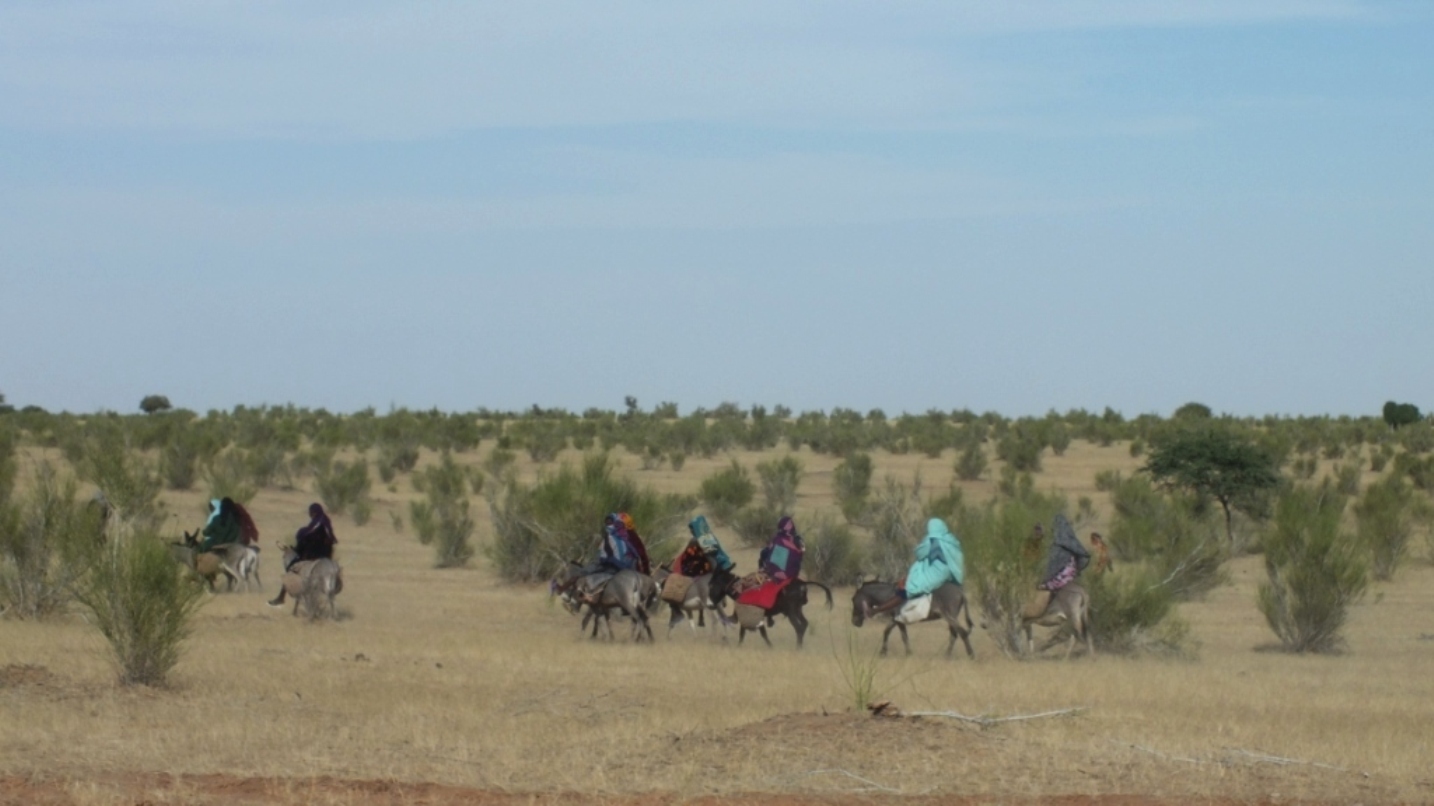
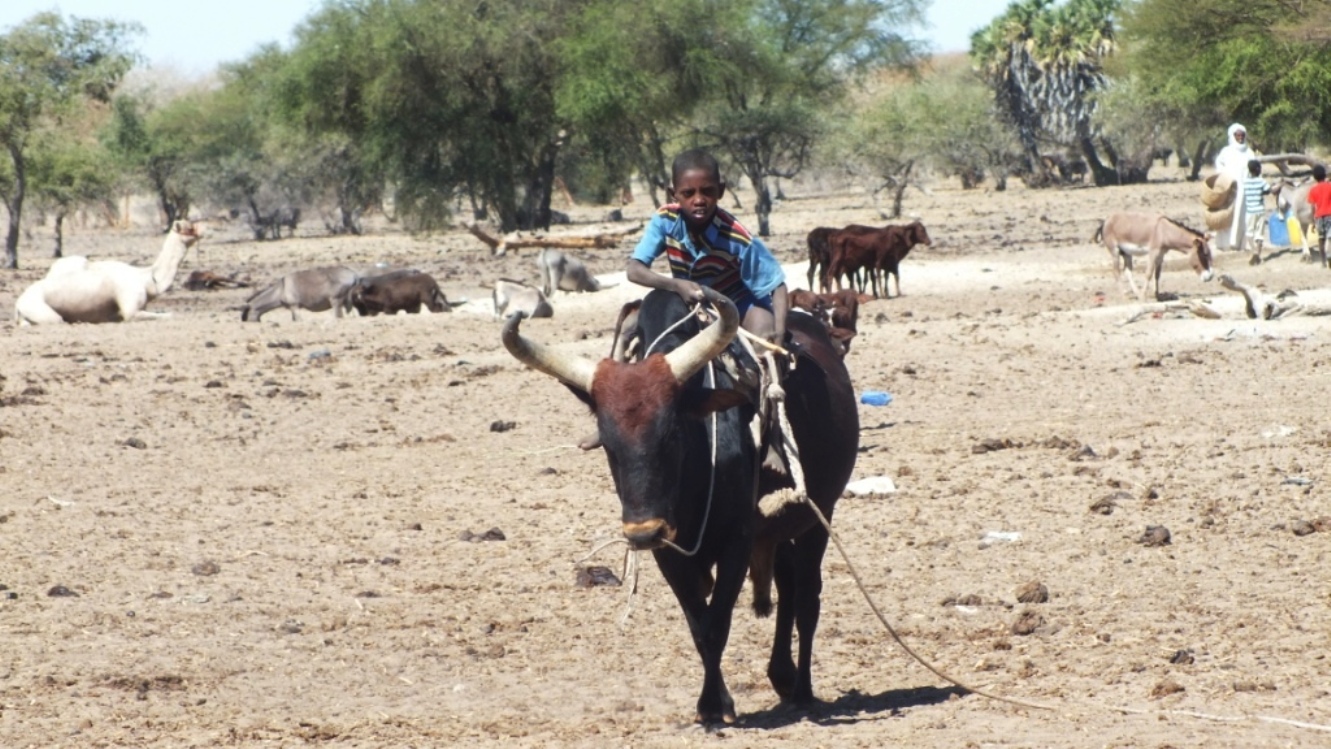
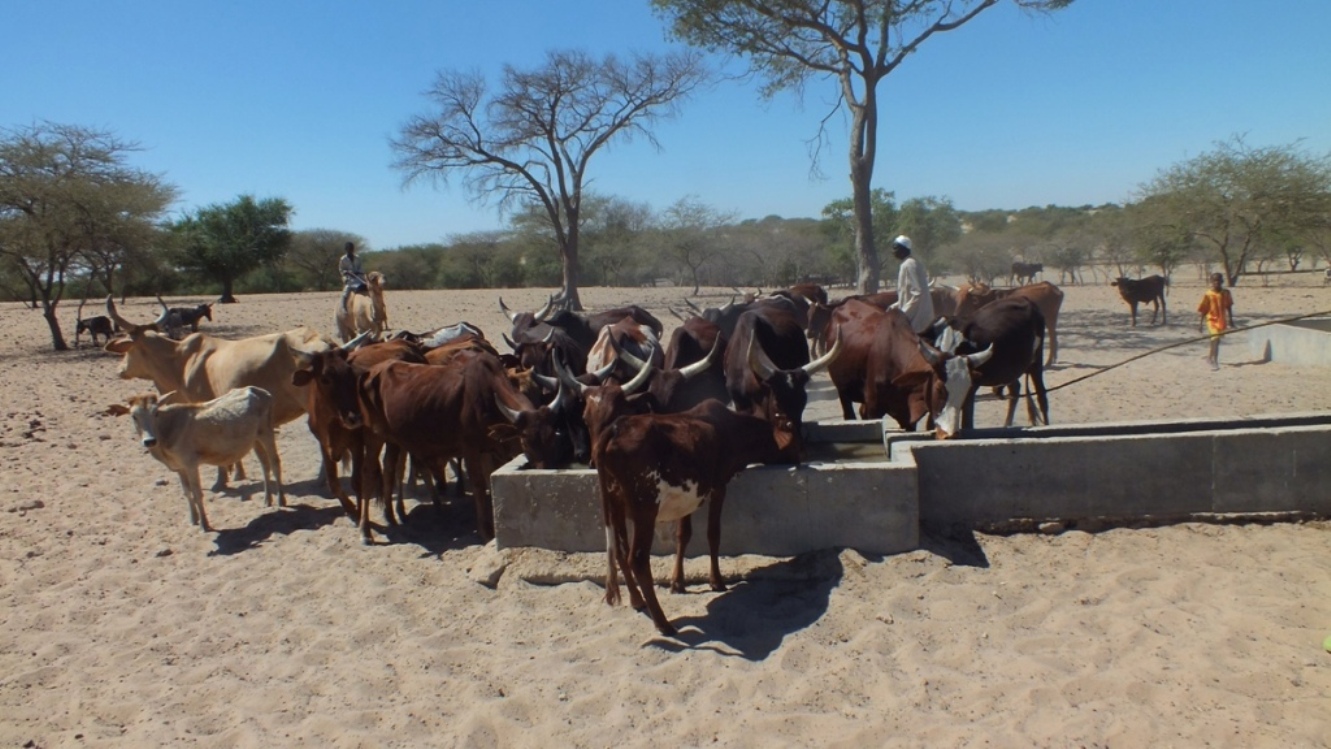
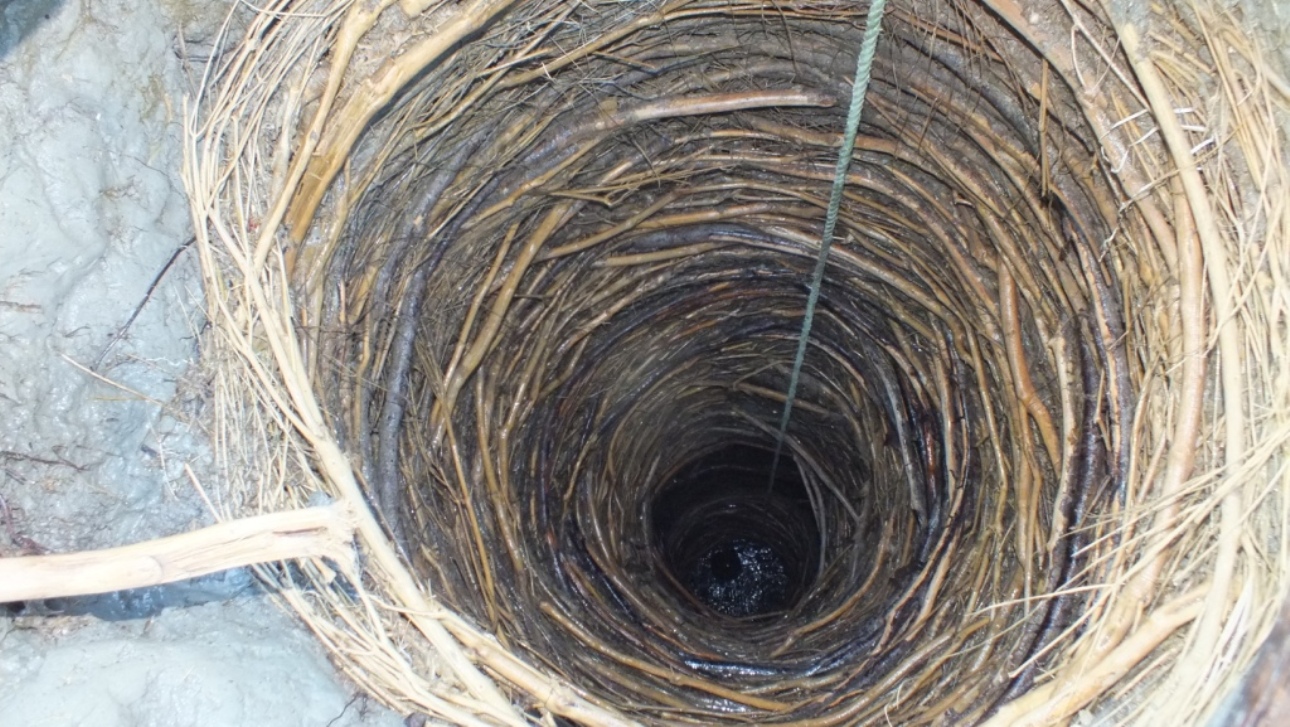
Livestock has a key role in Chad’s economy. About 40% of the population is engaged in cattle-breeding, activity that contributes to about 18% of GDP. Nearly 80% of livestock is created in itinerant pastoral systems which attempt to adjust to the existing rainfall and ecological conditions.
The frequency and intensity of food and nutrition crisis in the region are one of the main reasons for the chronic vulnerability of the disadvantaged populations engaged in pastoral activities.
The Livestock Action Programs recently implemented are primarily focused on the pastoral and agro pastoral populations and are mainly concerned to prevent this kind of crisis. This is the case of food security projects developed to support vulnerable populations dependent on cattle breeding in Bahr-el-Gazal and Kanem regions.
In this context, the “Livestock Action Program Final Evaluation” aims the appreciation of the relevance and importance of this projects, concerning the problems identified in the field.
It focuses on the Impacts on the ground and, in particular, on cattle management; it considers implemented achievements such as, in what concerns the field of tools production, the "know-how" of shepherds, the management of natural resources and the interactions established with other economic activities.
It also focuses on the indirect impacts of wider cross-cutting issues such as gender, poverty alleviation, environmental conservation, climate change adaptation, social effects, among others.
The project duration is 4 months.
To know more about this project, click here
February, 2015.
Photos in this page courtesy & copyright: Paolo Pagani
